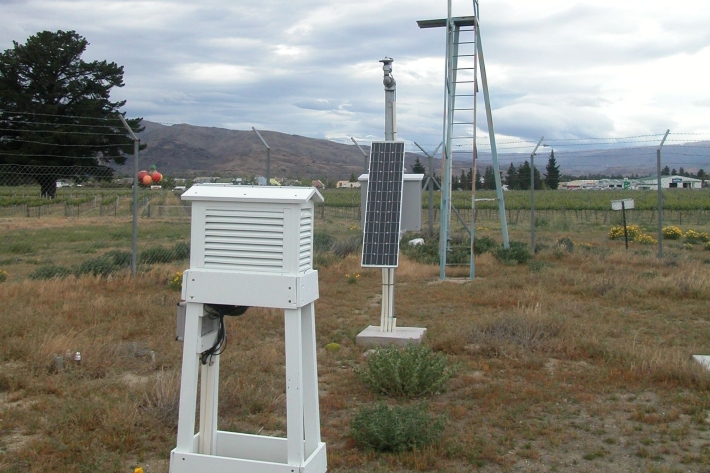-
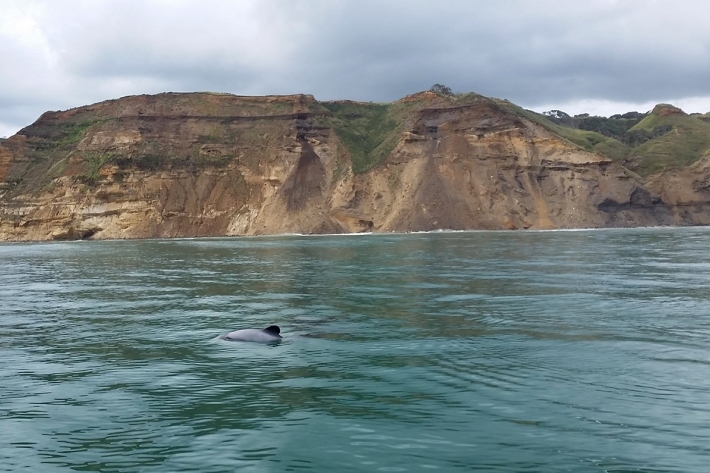
Acoustic monitoring of the critically endangered Māui dolphin
Research ProjectMāui dolphins, a subspecies of Hector’s dolphins, are listed as nationally critical in New Zealand with a population estimate between 57 and 75 dolphins over one year old. -
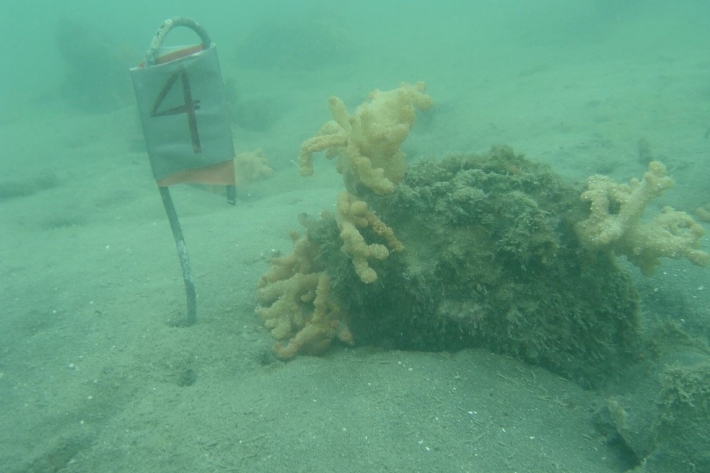
Biological traits, a new tool for estimating ecosystem health and vulnerability
Research ProjectBiological traits analysis is a valuable tool for measuring ecosystem function. -

Wave hazard research
Research ProjectNIWA collects wave data, develops and verifies wave forecasting systems, and is developing and producing wave projections. -
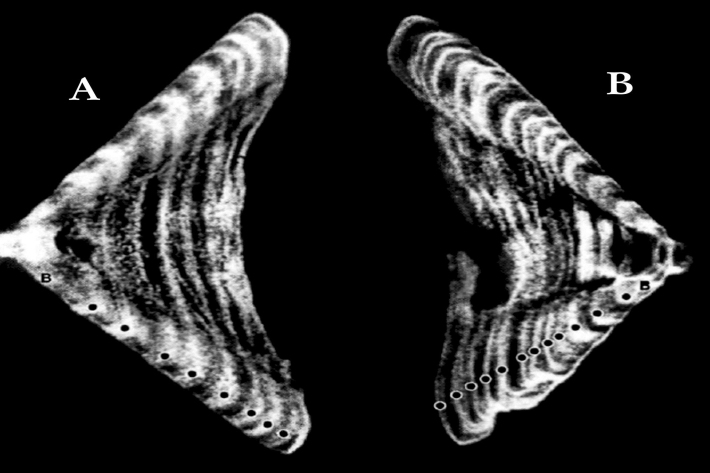
Determining the age of fish
Research ProjectNIWA expends considerable effort on determining the age of commercial fish species. But why age a fish? And how do we do it? -
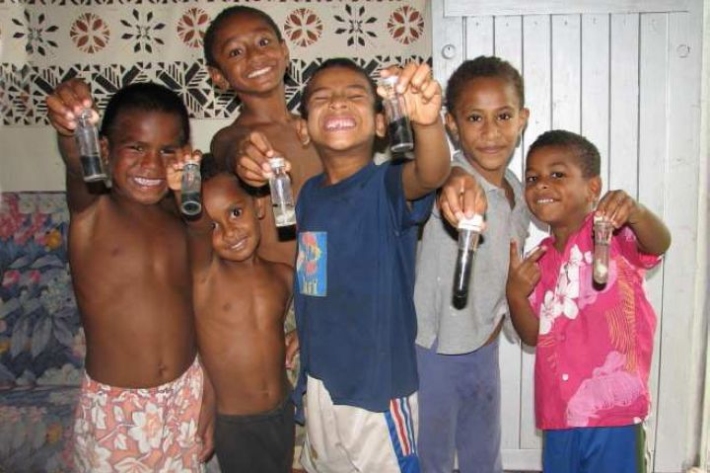
Development of sustainable water supply and treatment systems for a coastal Fijian village
Research ProjectThis collaborative NZaid project worked with coastal Fijian villagers at Votua on the Coral Coast of Viti Levu to develop pragmatic water supply and waste treatment solutions to protect public health and reduce contamination of coastal waters. -
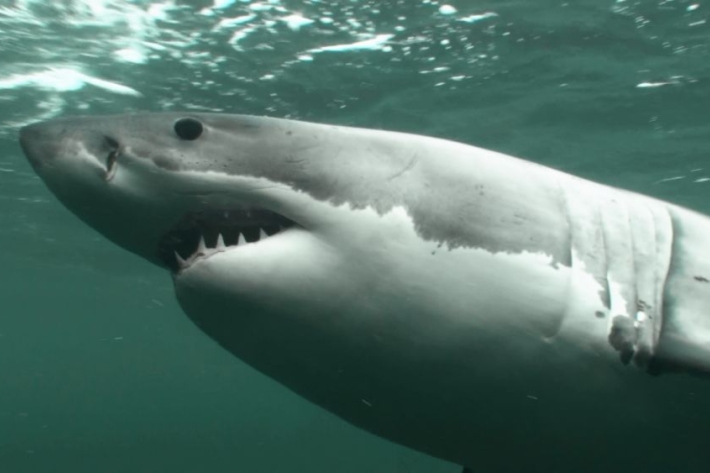
White sharks
Research ProjectWhere and when do white sharks occur in New Zealand waters, and how can fisheries bycatch be reduced? -

What do we measure?
Research ProjectA range of physical and chemical variables are measured in the NRWQN. -
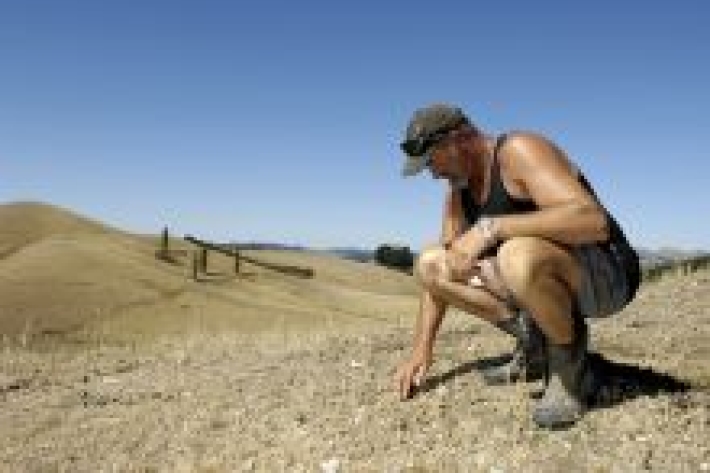
Climate change scenarios for New Zealand
Research ProjectProjections of how climate change is likely to affect New Zealand. -
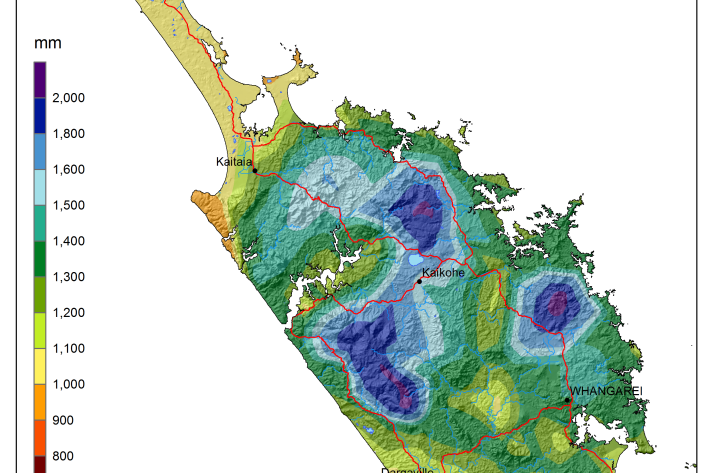
National and regional climate maps
Research ProjectMaps of average annual rainfall, temperature and other climate variables have been produced for all of New Zealand, based on the period 1981–2010. -
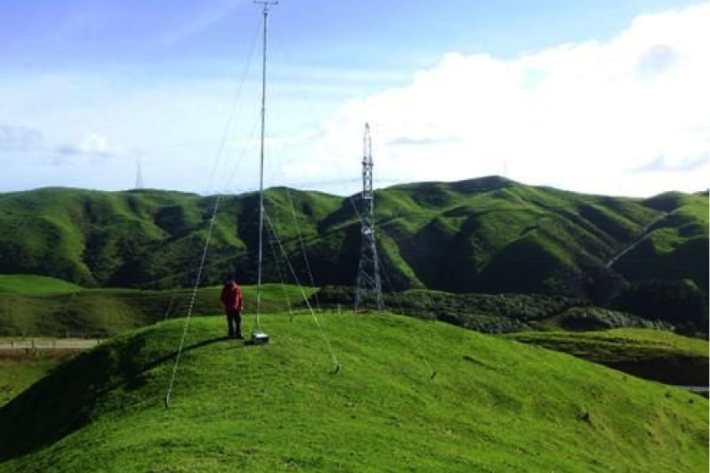
Estimating design wind speeds in complex terrain
Research ProjectThe current method for calculating wind speed-up is inadequate, and can grossly under-predict correct design wind speeds in NZ's complex terrain. -
NZ temperature record
Research ProjectThere are many lines of evidence showing that NZ has warmed during the past century. -
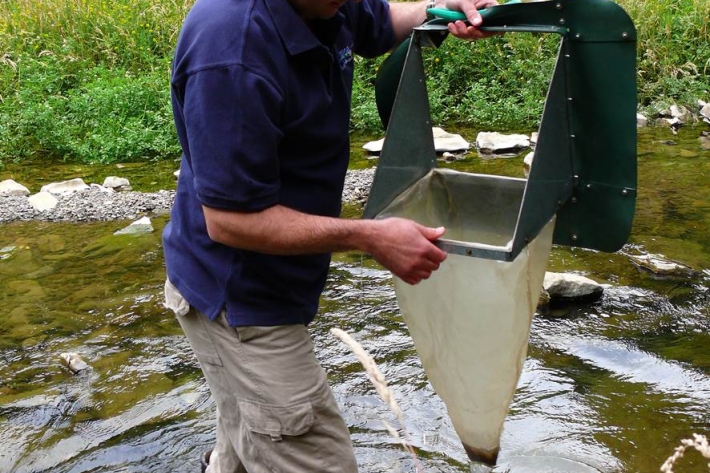
Freshwater monitoring and reporting
Research ProjectNIWA's research on freshwater monitoring and reporting is one of three research areas within the 'Values, Monitoring and Outcomes' (VMO) programme led by Landcare Research.

